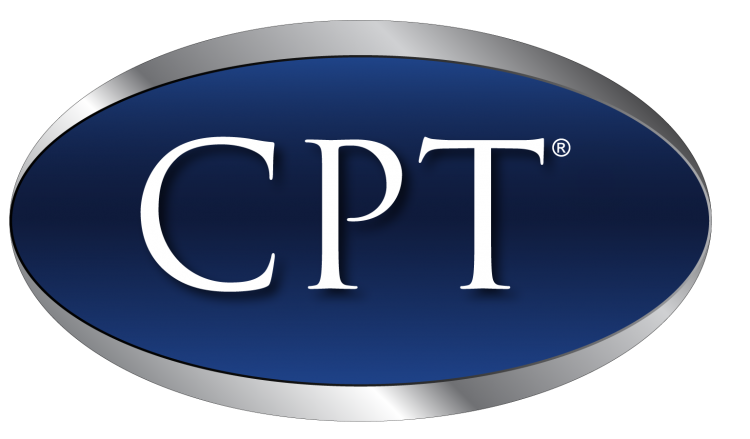
Description
The Certified Programming Technician (CPT) course is an in-depth program designed to introduce and advance learners in the world of programming and software development. This course provides a strong foundation in programming languages, problem-solving techniques, and software development methodologies. It's perfect for beginners aspiring to become skilled programmers or professionals looking to enhance their coding capabilities.
Through a mix of theoretical knowledge and practical exercises, learners will gain hands-on experience with popular programming languages, tools, and development environments, equipping them to develop, test, and maintain applications.
Target Audience:
- Beginners who want to start their programming journey.
- Students and professionals interested in entering the field of software development.
- IT professionals seeking to upgrade their programming skills.
Key Topics Covered
Key Topics Covered:
- Introduction to Programming: Understanding programming logic, algorithms, and flowcharts.
- Programming Languages: Basics of popular languages such as C, C++, Python, or Java.
- Data Structures and Algorithms: Introduction to data structures like arrays, linked lists, stacks, and queues, along with common algorithms.
- Object-Oriented Programming (OOP): Principles of OOP, including classes, objects, inheritance, polymorphism, and encapsulation.
- Software Development Life Cycle (SDLC): Understanding the phases of software development, from planning to deployment.
- Database Management: Basics of database design, SQL, and integration with programming applications.
- Web Development: Introduction to HTML, CSS, and basic JavaScript for front-end web development.
- Debugging and Testing: Techniques to debug, troubleshoot, and ensure the quality of code through testing.
- Version Control Systems: Working with Git and GitHub to manage code and collaborate with other developers.
Learning Outcomes: By the end of this course, participants will:
- Master the fundamentals of programming and apply logical problem-solving techniques.
- Write, debug, and test code using various programming languages.
- Develop an understanding of object-oriented programming concepts.
- Build simple web applications and understand basic front-end development.
- Gain familiarity with software development practices and version control.


